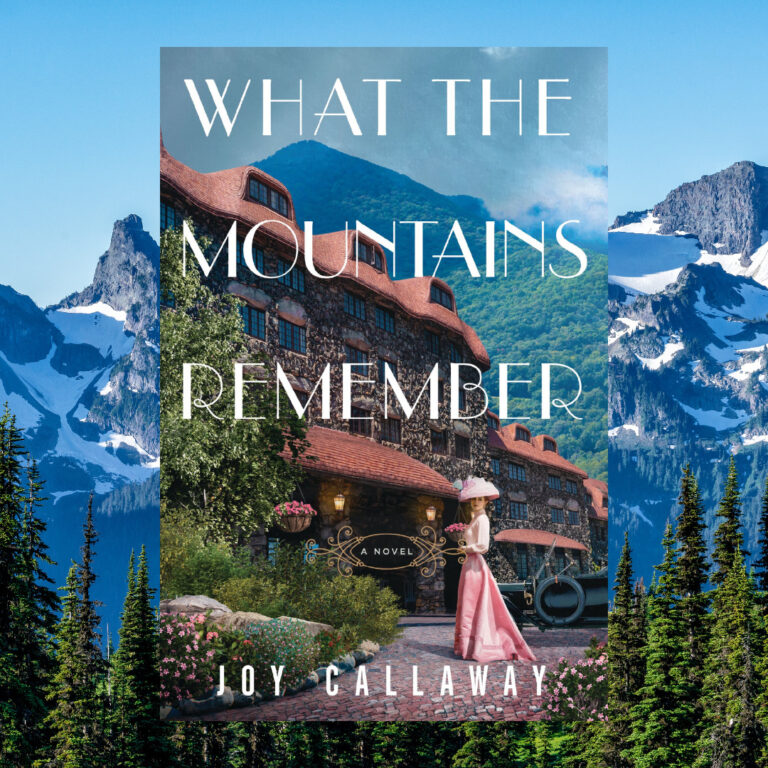I love angsty books. Anyone who knows me knows that I can’t stop raving about books that make me cry. A.M. Arthur, Melanie Hansen, Roan Parrish—these are authors who know how to make me hurt. And then they put me back together again with a happy ending, and the end result is me riding an emotional high for days. I’m a total angst junkie, but the happy ending is a must. I’m a romance reader. I’m not here for the tragedies where everyone dies and what little that’s good in the world is wiped out. No, I want to be rebuilt, brick by brick, by epic sweeping romance that’s heavy on the feels.
Reading romance like this is one of life’s great pleasures, but writing it? That’s a whole different story. It’s hard to make yourself feel, deeply and completely, for months on end as you draft an angsty story. As a writer, you know the happy ending is coming, but it’s often weeks away as you have to wallow in all the hurt to get there.
Consequently, there are unique challenges to writing angsty romance, particularly when the main character has a painful backstory. In my latest book, Arctic Sun, I had two hurting heroes to contend with, each with a complicated backstory. As a result, I had to dig deep and grow, not only as a writer, but also as a human being. Dealing with sensitive issues that could be a trigger to some like addiction, assault, trauma, abuse, loss, self-harm isn’t easy, and often makes us confront our own past hurts and ongoing pain.
This level of writing-as-therapy isn’t for everyone, and at various points in my writing career, I have deeply needed to write fluffier stories, low on the angst meter, so I don’t want to discount those stories as important and good too. But sometimes challenging stories simply need to be told. We need to tell them for us, for our own hurting parts, for readers who need to see characters dealing with—and triumphing over—situations like this, and to stay true to the story the character has demanded.
Sometimes, main characters with challenging issues come from deeply personal places and other times they involve issues outside our own lived experiences, but I will argue that both situations can benefit from using more beta and sensitivity readers than we might ordinarily use. Because even if we have lived a particular challenge like addiction or abuse, others will have had different experiences, and getting input from multiple readers is almost always a good thing.
This feedback is really important because you want to be careful to not use pain for the sake of pain or to replace plot with gratuitous angst. For example, if you are going to have something bad happen to a character, it has to serve a greater purpose than simply making the reader feel for them. The bad thing has to help them eventually emerge stronger and closer to the happy ending they so deserve. I would also caution against heaping too many bad things on one character just for the sake of making them “interesting” or “vulnerable.” Each part of the backstory needs to serve a purpose, needs to influence the goal, motivation, and conflict for that character. If it’s not intrinsic to who they are, what they want, why they want it, how they act, what they believe (and misbelieve), then it runs the risk of being gratuitous and having the opposite effect one wants. You want readers to connect with the character, and one of the best ways to do this is to ensure that all pain, all suffering, has some purpose that advances the story. Even as they cry, readers have to trust that it will all be worth it in the end.
And the same goes for the writer too—we have to trust that all this suffering we’re putting characters through will make the happy ending that much more special. Also, it’s important to note that each character will perceive pain differently. Some will choose to make the same mistake or suffer the same hurt again because it was all part of the journey that led them to their present reality. They will see their issues as essential parts of who they are. Other characters will have deep regrets, ones that not even love can completely erase. And not every character will see a particular challenge as something deserving pity. If we write all personal challenges from the perspective of “oh my poor main character,” that does everyone a disservice.
Along these lines, not all challenges are angst. In an upcoming book, I have a main character who is a cancer survivor. But this backstory isn’t particularly painful for the character—it’s part of his past and part of who he is now, but it’s not an ongoing challenge that stands in the way of his present happiness. In other words, not all issues are going to drive the conflict of the story—nor should they. This is again where sensitivity and beta readers can help. Not all unique issues need to be played for drama. Sometimes they’re just a part of a character’s greater whole, and figuring out how to finesse the lines between characterization, conflict, and plot is sometimes a group effort.
But it’s so worth it. Writing complex, complicated main characters is one of writing’s greatest triumphs. Just like the high of reading a book that made us feel so deeply and completely, the joy in granting a happy ending to characters who may even doubt their own worthiness is incomparable. It’s why we do this. It’s why we suffer right along with our characters—the pay off is so worth it. That moment in the epilogue when they get everything they never even let themselves hope for is my absolute favorite thing to write. And the only way to get there is write the story through, be true to the characters, even when that means being true to their pain.
Arctic Sun by Annabeth Albert out now!
Ex-military mountain man Griffin Barrett likes his solitude. It keeps him from falling back into old habits. Bad habits. He’s fought too hard for his sobriety to lose control now. However, his gig as a wildlife guide presents a new kind of temptation in superhot supermodel River Vale. Nothing the Alaskan wilderness has to offer has ever called to Griffin so badly. And that can only lead to trouble…
River has his own methods for coping. Chasing adventure means always moving forward. Nobody’s ever made him want to stand still—until Griffin. The rugged bush pilot is the very best kind of distraction, but the emotions he stirs up in River feel anything but casual, and he’s in no position to stay put.
With temptation lurking in close quarters, keeping even a shred of distance is a challenge neither’s willing to meet. And the closer Griffin gets to River, the easier it is to ignore every last reason he should run.













